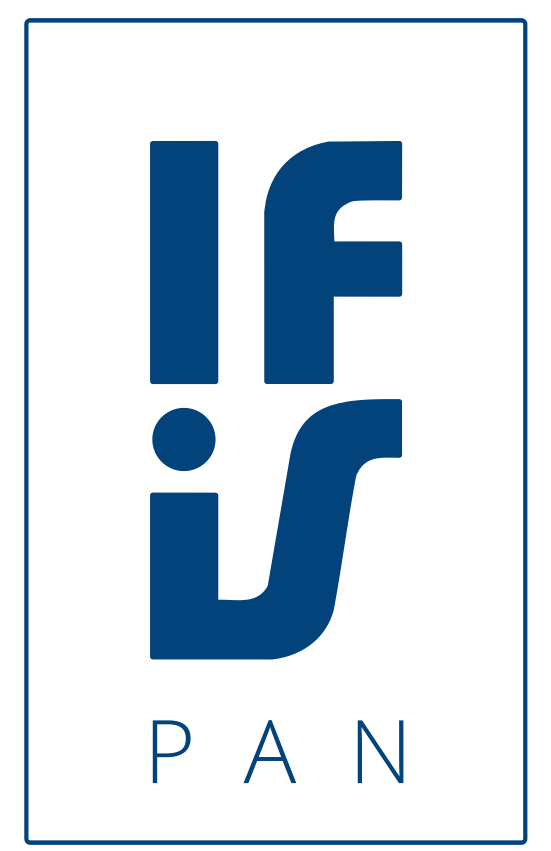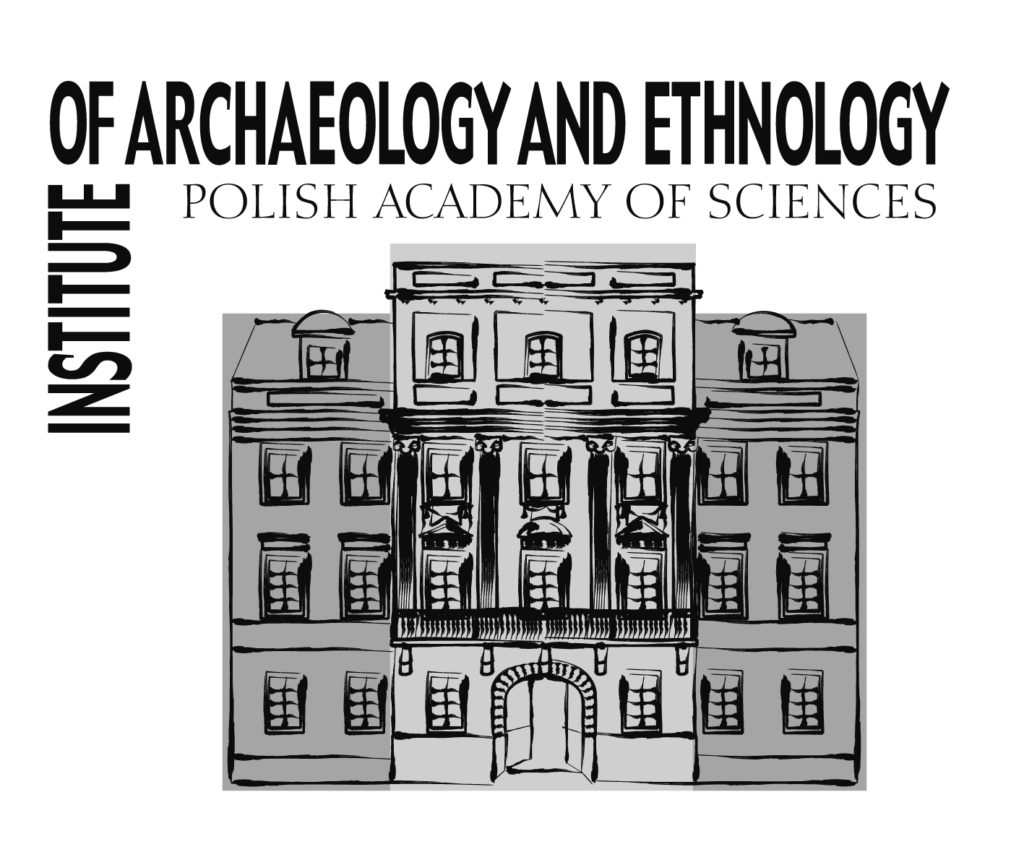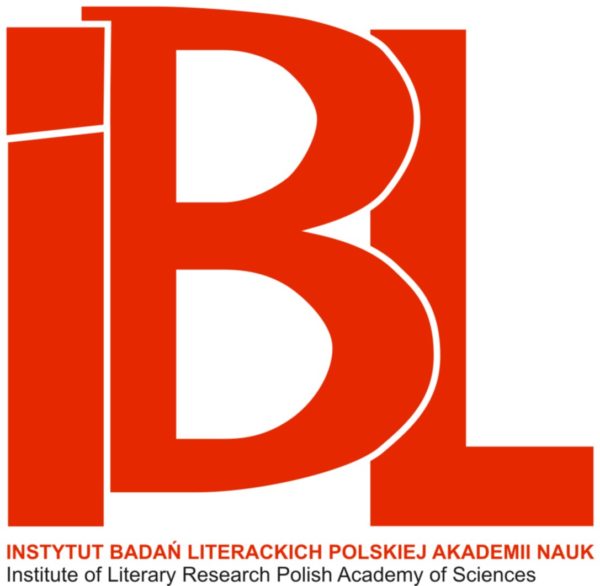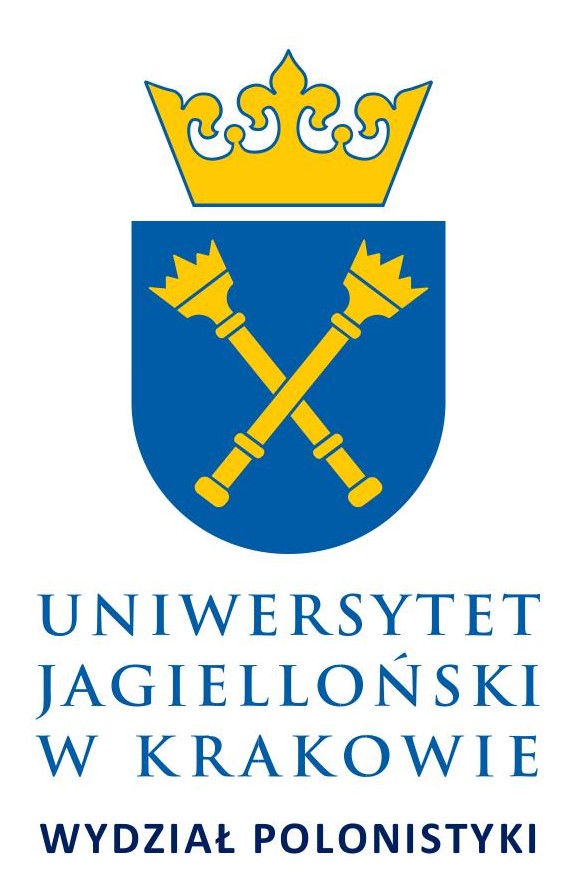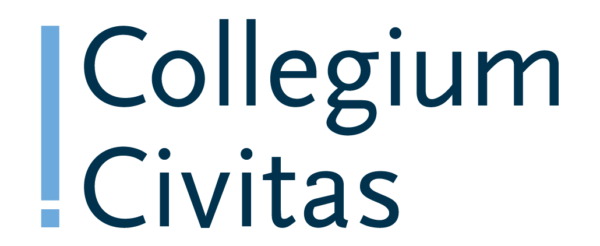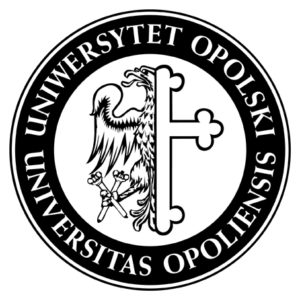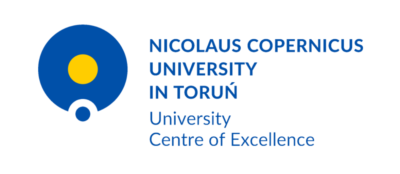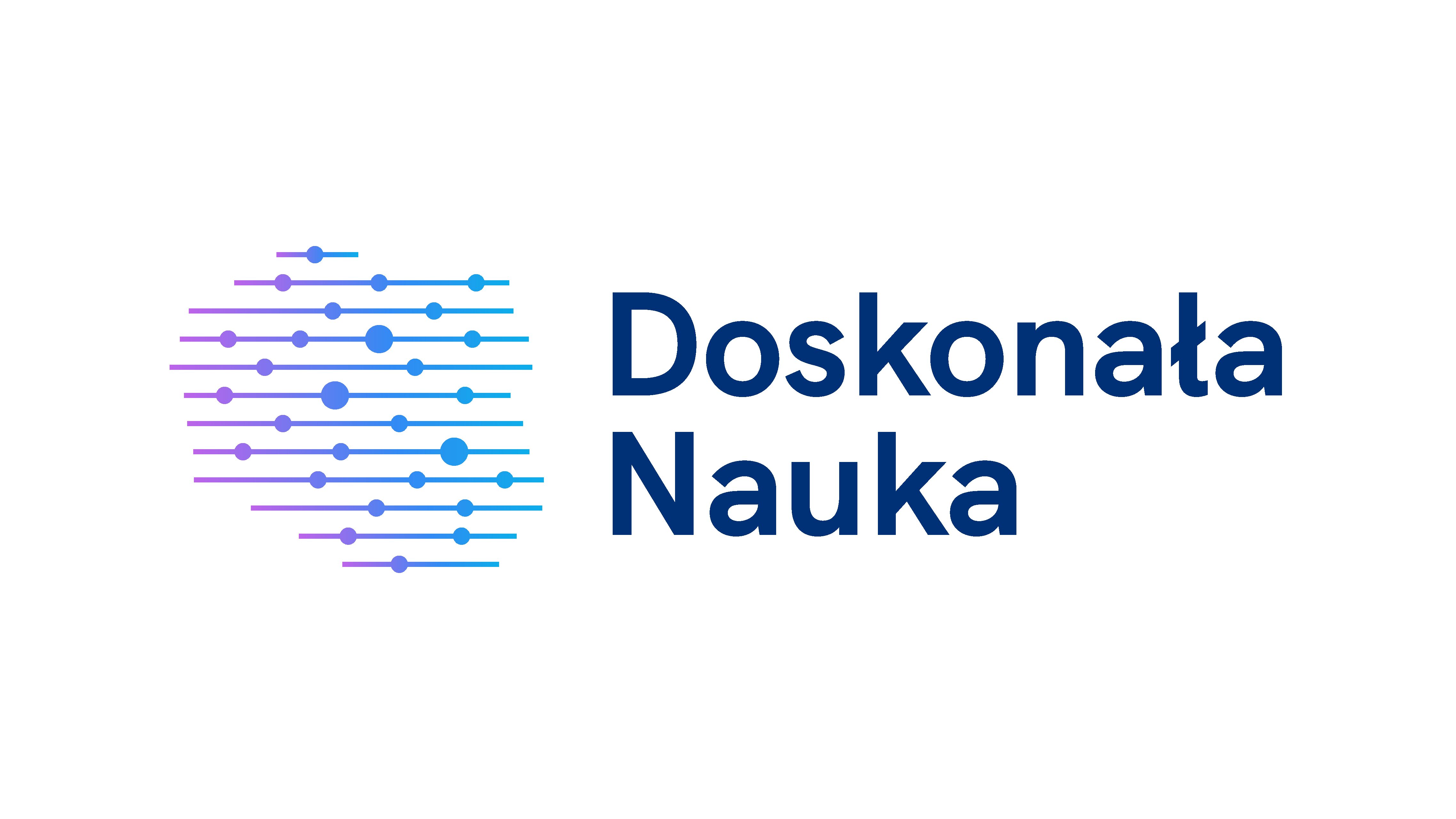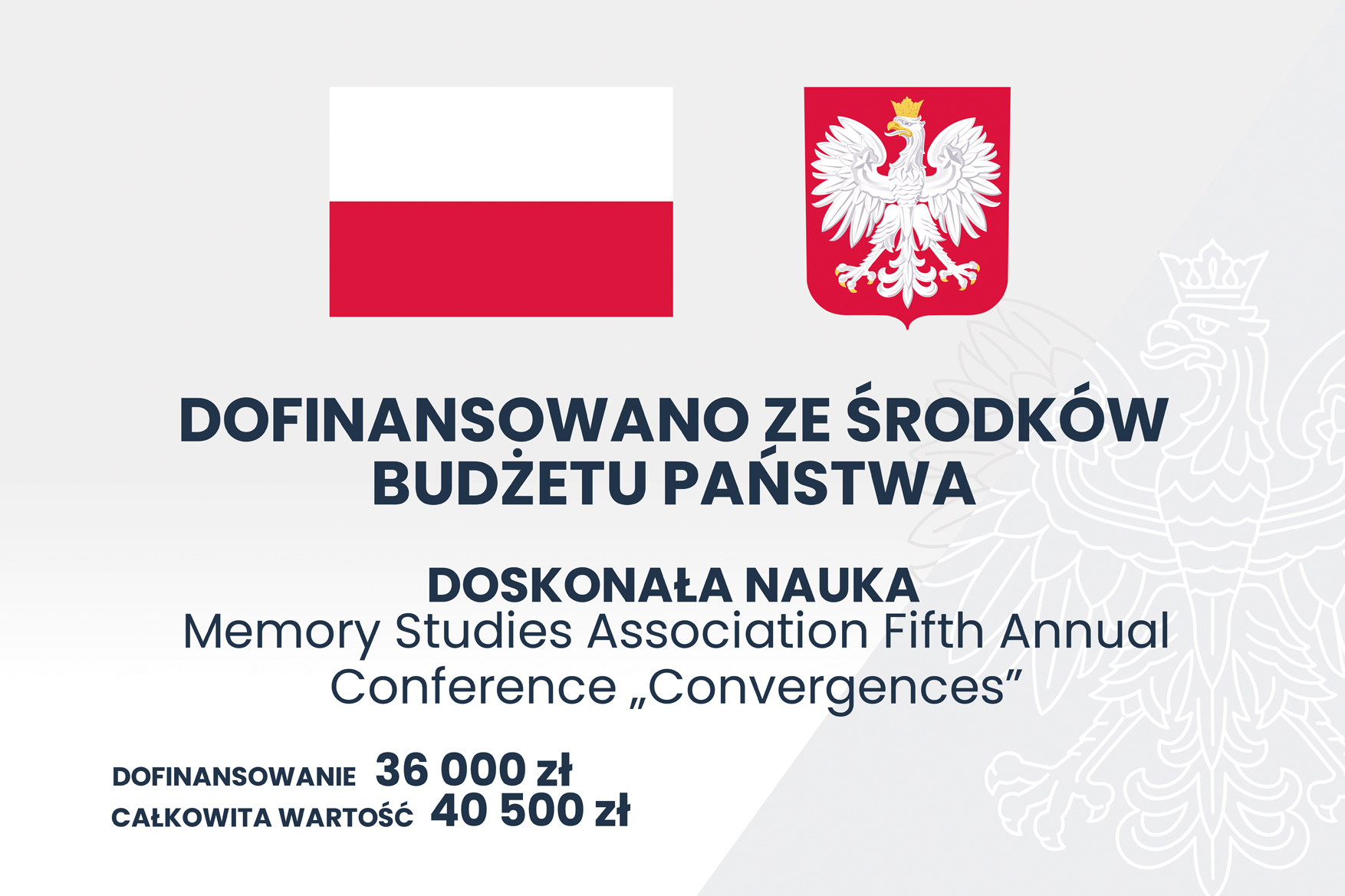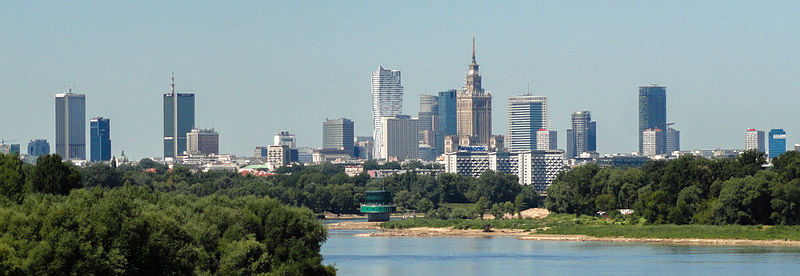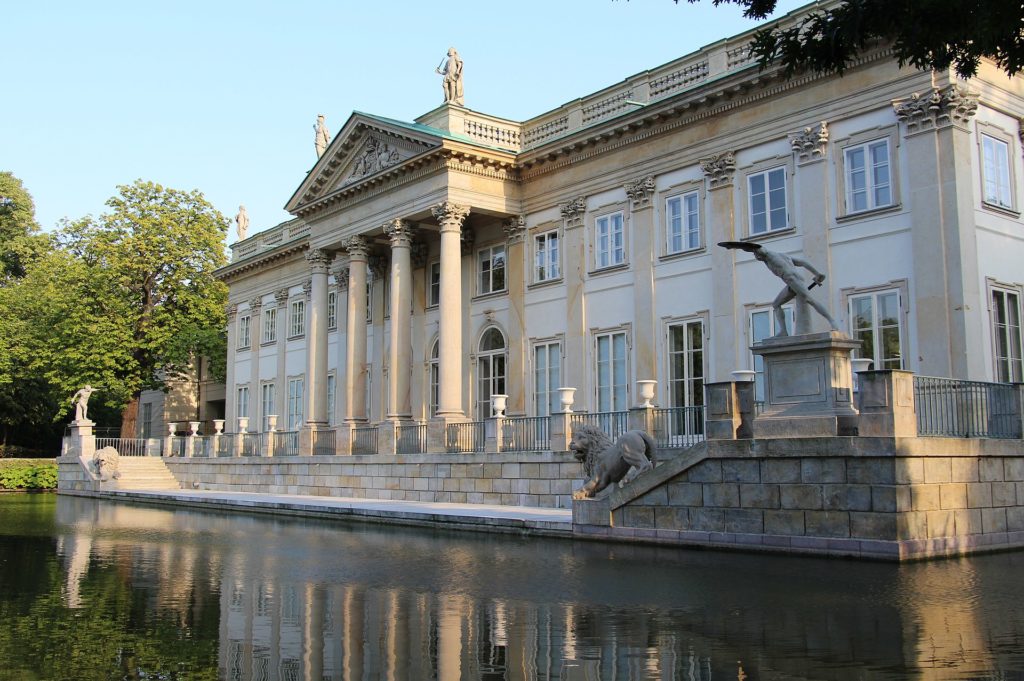Memory Studies Association Annual Conference
“Convergences”
University of Warsaw, Poland, July 5-9, 2021
Confirmed Speakers:
Marek Cichocki (Natolin European Centre, Warsaw), Ewa Domańska (Adam Mickiewicz University at Poznan, Stanford University),
Ivan Krastev (Centre for Liberal Strategies, Sofia, Institute for Human Sciences, Vienna), Olivette Otele (University of Bristol),
Emilie Pine (University College Dublin) and Michael Rothberg (University of California Los Angeles)
The conference is currently planned to take place fully online.
If circumstances permit, we will organize additional on-site events, about which we will inform everyone in due course.
Important dates:
Submission system opens: September 1, 2020
Deadline for submissions: October 30, 2020
Announcement of acceptances: December 15, 2020
Registration deadline for conference participants: April 15, 2021
Please direct all questions to: conference@memorystudiesassociation.org
Registration procedure:
We kindly ask you to read the whole message carefully before moving to the registration website.
The fees are as follows:
EARLY BIRD CONFERENCE FEE – 40 EUR
The early bird ticket allows payment of a reduced conference fee until March 7th.
FULL CONFERENCE FEE – 70 EUR
By paying full conference fee you agree to voluntarily support our solidarity fund for low-income participants. (Full fee ticket will be available until April 15th when the system will close. We need to have everyone registered by this date in order to finalize the Conference program on time)
We will offer conference fee waivers for low-income participants. The application forms and acceptance criteria will be available on the website on the 25th of January. The submission deadline for waiver applications is February 15th.
CANCELLATION POLICY
Please note that in case of cancellation we will refund 50% of the conference fee until April 30th, 2021. After April 30th, we will be unable to refund your fee.
To pay the conference fee and register please go to msaconferencewarsaw.dryfta.com and click on Attendee Registration.
REGISTRATION INSTRUCTIONS
If you are already registered please log in first, choose the number of tickets you are willing to buy and then tick the ‘Buying for yourself? Click to auto-fill with your profile information’ check box. Please fill in fields that have not been filled automatically (Country of residence, Time Zone). The system will then lead you through the registration process and payment.
If you are not registered, choose the number of tickets you are willing to buy and fill in the form. A user profile will be generated automatically and you will be sent a welcome e-mail. The system will then lead you through the registration process and payment.
Should you need an invoice with more information than available in the Billing form please include it (e.g. the Tax Identification Number) in the Address field
Due to a change in EU regulations, all 3D Secure payments have to be authorized via the customer’s bank. Thus, if your bank is located in the EU, we recommend using the Stripe or PayPal payment method.
Should you have any questions do not hesitate to contact us: conference@memorystudiesassociation.org
Other relevant information:
If you are the submitter of a panel, roundtable, turbo session or special event, please share this information with your session participants and also ensure that all of them have created profiles with email addresses on the Dryfta platform. To create a new account please visit: msaconferencewarsaw.dryfta.com.
Please bear in mind that all participants must be MSA members in good standing. See all membership levels and sign up for membership here.
The conference fee for the participants of the Genealogies of Memory Stream will be covered by the ENRS. Please note that participants of the Stream will still be obliged to pay the MSA annual membership fee.
Call for Papers:
We welcome proposals for papers, panels, and other events to be presented at the Memory Studies Association’s 2021 annual meeting. As always, the MSA will be a forum for debating all aspects of memory studies. However, given both the East-Central European context – a region fraught with overlapping memories – and the more general need to address the growing confluences of the global and the regional, the digital and the analogue, the human and non-human, we encourage papers that offer theoretical or methodological reflections addressing different layers of mnemonic entanglement. On the leading theme of “convergences,” areas of interest – while in no way exhaustive – could include:
- Practical / Ethical COVID-19 Convergences: How have logistical – and related ethical – challenges arising from the current pandemic forced us to rethink our approaches to memory studies in terms of subject matter, collaborations, presentation formats, and modes of participation in academic life? Have our conceptual assumptions – and indeed our memories – been unsettled, or (productively) dislodged, due to the upheavals in our quotidian practices? How may we newly view and value the collegial conversion of bodies and pixels in face-to-face and virtual meetings?
- Historical Convergences: East-Central Europe is an example of dense mnemonic palimpsest: post-imperial, post-revolutionary, post-war, post-genocidal, post-secular and perennially struggling with various forms of authoritarianism. Devastated by Nazism and Stalinism, ECE is a space where historical roles of oppressor, victim, resistor, bystander, and collaborator – as well as diverse and changing ethnic, religious, national, and state identities – overlap. How do the historical memories of the region resonate with current discussions in the other parts of the world, such as Atlantic slave trade, Asia’s experience of WWII, or settler-colonial memory?
- Political Discursive Convergences: Invisible, not-yet-remembered histories, emerging memories, and mnemonic frameworks and fields are being explored and reinterpreted as their diverse understandings intersect and interact. One prominent example is “the colonial” and its attendant vocabularies of serfdom, slavery, forced labor, forced assimilation, stolen generations, resistance, restitution, reparation, and repatriation, and how they work in various mnemonic contexts. How may memory politics be changing and converging globally in current circumstances?
- Institutional Convergences: To what extent may national and international institutions of public memory contribute to the transnational dialogue of memories? How do they learn from, or conflict with, each other as their knowledge, language, and images travel across regions?
- Biological / Ecological Convergences: How are our perspectives on memory and its uses responding to rising global ecological crises like climate change and species extinction, as well as local and transregional activist movements? Do these issues have new relevance due to ongoing challenge of the COVID-19 pandemic?
- Disciplinary Convergences: How does the study of memory function under different disciplinary banners? What may we gain or lose by breaching the silos created by associations, meetings, and journals?
We also invite proposals for a special “Genealogies of Memory” stream (several panels) sponsored by the European Network Remembrance and Solidarity (ENRS). The stream aims to evaluate the process of Europeanization of memory on three key themes: European memory today, European studies as memory studies, and regional European memories. Read more on the ENRS site here.
Submission rules:
In the submission system, you will be asked to select your preference of either online or offline conference participation (or both). The final format of the conference depends on the number of online/offline submissions; therefore we will announce the conference fee for different types of presenters as well as the exact timing for panels and other events presenters after the submission is closed. For panels organizers, please also select either the offline or on-line option (or both) for entire panels. Thank you for your understanding!
The MSA especially encourages panel submissions but also welcomes individual submissions. The panel should consist of 4-5 presenters, a chair, and optionally a discussant. You may appear as a presenter only once but can act as chair or discussant in more than one panel. The organizers also welcome proposals of:
- roundtables of 5-7 participants with shorter statements and discussion;
- turbo sessions of 7-10 participants networking on a given research topic or common theme;
- special events including films, performances, art, exhibitions, etc. Please specify all technical conditions necessary for hosting such an event.
The abstracts of individual papers and descriptions of panels/roundtables/turbo sessions/special events should not exceed 500 words. Abstracts of individual papers within a panel should not exceed 350 words including title and names of the authors. Biographical notes should not exceed 150 words.
MSA Working/Regional groups have one panel in the program guaranteed. Group chairs should discuss a larger number of panels with the conference organizers. In both cases, submissions need to be made through the online system and marked as Working/Regional Group events.
Participants of the cancelled conference in Charlottesville: If your abstract was accepted for that conference and you wish to give the same presentation in Warsaw, please resubmit your abstract and click the box indicating that it was a submission for Charlottesville. If you wish to submit a new abstract, it will be subject to review.
If you wish to be considered for the Genealogies of Memory stream, please click the box indicating that in the system.
As always, the MSA will make available a limited number of travel grants for low-income members. Details will be announced later in the year.
Local co-organizers
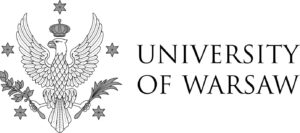
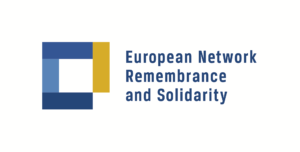
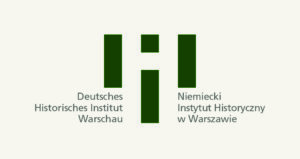
Partners
